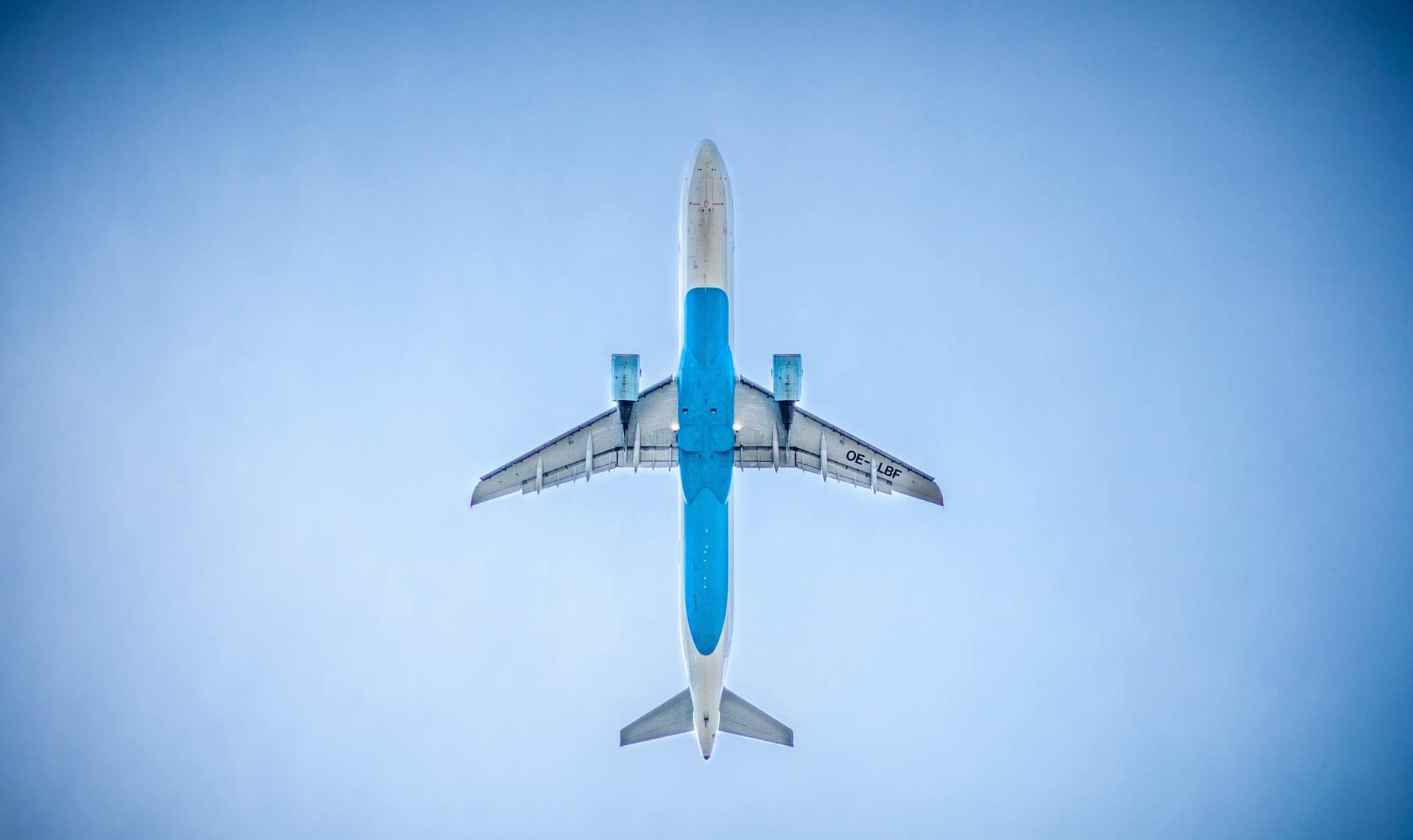A lot of people like traveling and visiting new places, but one thing about traveling is not so exciting: flying. Flying is a nuisance for some travelers, thanks to noisy engines, motion sickness, lost luggage, narrow seats and airport delays.
Everyone has a certain degree of aerophobia. If you ‘re afraid of flying, sometimes the best thing you can do is put on a blindfold and fall asleep until you land at a sunny destination. But for some passengers who are afraid to set foot on the plane again at the thought of turbulence, flying is not only inconvenient: it is scary.
How do you plan to survive this flight?
Flying is not an exciting sport, or at least it shouldn’t be. Turbulence is a normal and absolutely safe part of the flight, that is, if the plane encounters turbulence, the entire plane will still shake and no seat can completely avoid bumps. Fortunately, there are wiser ways to minimize this experience and make you as comfortable as possible on the plane. These methods all revolve around choosing the right seat.
Best Seat to Sit on a Plane If You are Scared
How to choose the best seat depends on what triggers your anxiety.
If you are afraid of turbulence, you have to choose a seat as close as possible to the front of the wing or above the wing, which has much less movement in the area. This is because when the aircraft is flying in the airflow, wind, gravity, and torque are exerting force, and the airplane will rotate around its center of gravity. The plane’s center of gravity is usually located in the front of the wing, which is the center of the plane’s ascension. Sitting in the position where the plane’s center of gravity meets the lift force should ensure that the aircraft flies as smoothly as possible.
The farther away you are from the middle (such as the seat near the nose and tail of the plane), you will experience more movements like turbulence. This does not mean that you will not feel any bumps when the plane encounters turbulence, but you will feel less intense.
If you have flight phobia because the noise from the plane is too loud, you need to choose to sit in the front row as it is the quietest place in flight. When the plane takes off, the noise will reach 105 decibels (dB), and it will drop to 85 decibels at high altitude, which is as loud as the sound from a gasoline lawnmower. The further you sit in the cabin, the less noise from the aircraft engines will affect you.
If you have claustrophobia, ask for an aisle seat. You will feel less surrounded by other passengers, and you can stand up and walk around the cabin more easily. This also makes it easier for you to avoid looking out of the window if the sky-high scenery makes you anxious and nervous.
What Causes Fear of Flying?
Fear of flying is a common phobia, even for those who are adventurous. Often, fear of flying can be caused by many factors, including fear of heights or claustrophobia. Some travelers are also afraid of terrorists will hijack aircraft or panic at the thought of their inability to control the aircraft, especially in an era when we are concerned about terrorist acts.
Other passengers who are afraid of flying irrationally worry that their plane will crash, no matter how many times they have heard statistics about flight safety. In fact, in the United States, the probability of death from a traffic accident is one in 6,800, while the chance of dying in a plane crash is only one in 13 million. So there is no doubt that flying is still the safest way to transit so far.
No matter why you’re afraid of getting on a plane, if you’re determined not to let this change your lifestyle, you can take some measures to ease your fear. The key is to recognize it and control it. Here are some tips to overcome your fear of flying.
Tricks to Cope with Your Fear of Flying
1. Keep Your Mind Busy
In your spare time on the plane, you need to take the initiative to stay busy and do anything to keep your brain focused. Mental occupation can help you redirect anxiety, which in turn helps you relax. The simple way is to distract your attention with entertainment.
Immerse yourself in the drama of someone else’s lives is an excellent way to stay away from fear and temporarily forget about the flight. But not all airlines offer on-board entertainment, so be prepared. It is recommended to download a large number of TV shows, movies and audiobooks in advance so that you have plenty of stock.
You can also bring your Kindle, listen to quiet music, play game apps on your mobile phone, read a book, or do a crossword puzzle.
2. Speak out Your Fears
One of the big mistakes made by many flyers who are afraid of flying is to hide their fears. In fact, there’s nothing to be ashamed of. What you need is support, not increased frustration by silently enduring it. When you check in, tell the staff at the registration counter that you are a nervous passenger. Once you get on the plane, talk to the main flight attendants because they ‘re usually the most experienced.
Also, don’t forget to chat with your neighbors. This helps maintain your connection with reality and has a new perspective on the status quo. It can stop the fear-driven obsessive thinking and let you return to reality. Speaking out your fears can release your repressed tension and help you relax. You will be surprised to find that so many people understand you and are willing to provide some encouragement.
3. Remain Objective
When we are scared, catastrophic thoughts arise, our brains begin to play tricks on us, and the difference between reality and our minds becomes blurred. Every feeling, every sound, every scene seems to imply something is wrong. We believe in the story of what we tell ourselves about what happened, even if our perception is a far cry from reality.
To get rid of this state, start by questioning yourself and don’t simply think that your ideas are right. The sound you hear either non-existent or is completely normal flight noise. Try to focus on something more positive instead, such as all the amazing things you will do when you arrive at your destination. Never forget the true purpose of this flight, is it a business trip? Is it a honeymoon or just a holiday? Or have a good time with family or friends? Keep your attention on the goal, stay objective, and be mentally prepared for a smooth flight.
4. Slow Down
Before your flight departs, give yourself plenty of time to get to the airport. Check-in, checked baggage, boarding. Rushing to the boarding gate, worrying that missing the plane will only increase your anxiety and fear. Make sure you get close to the plane without pressure, take as many deep breaths as possible, and don’t let your body’s alarm clock to control.




